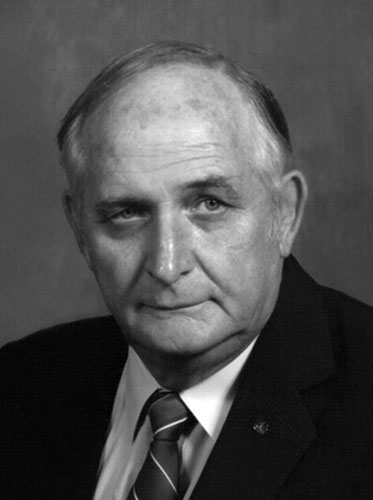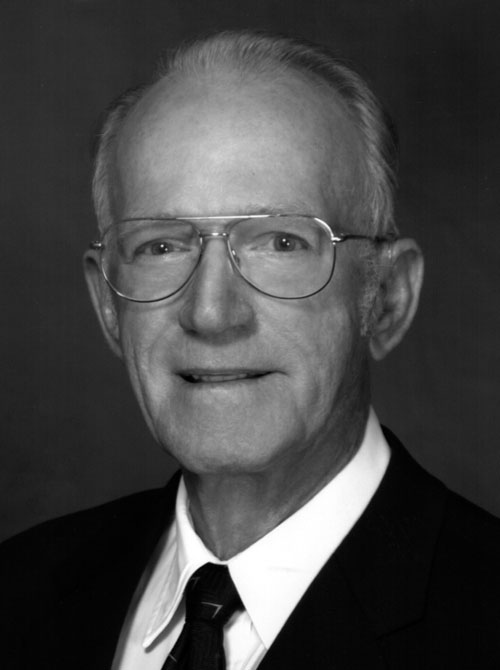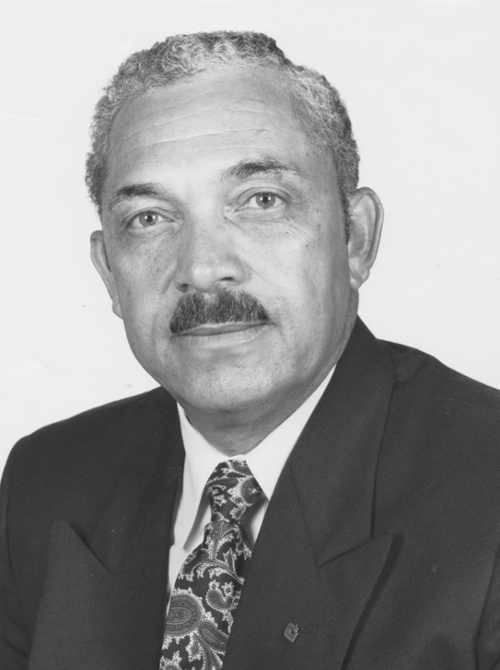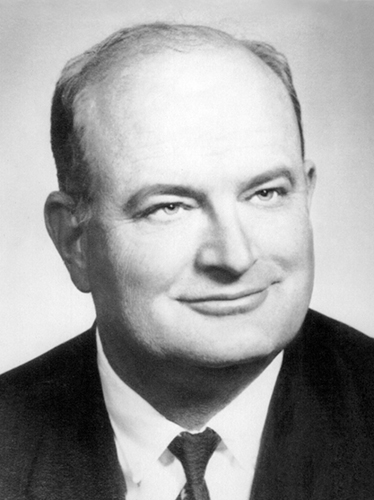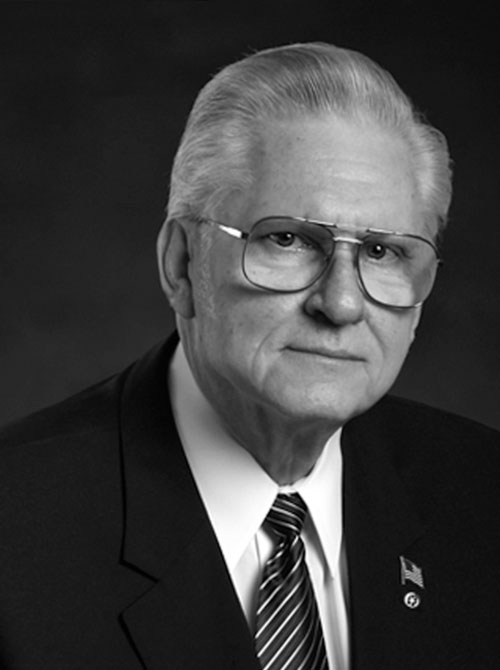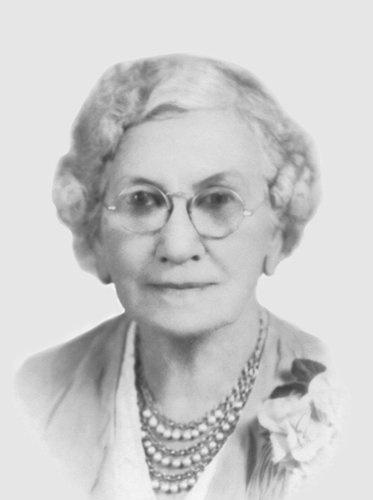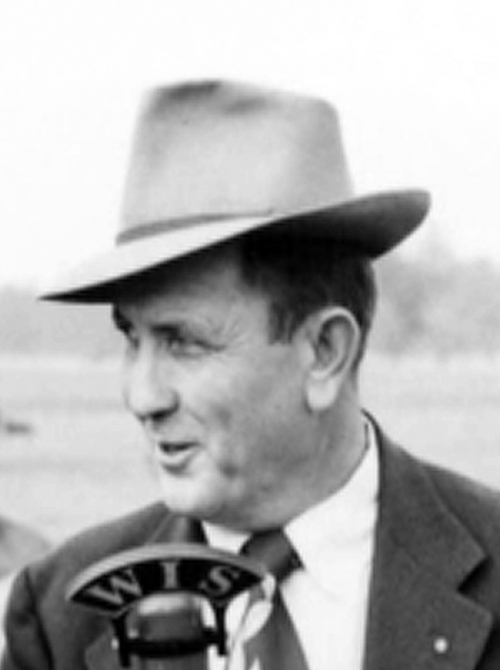
Lever Hall of Fame Class of 2014
Marking a century of service to South Carolinians, eight individuals entered the inaugural Frank Lever County Extension Agent Hall of Fame at ceremonies at Clemson University.
In celebration of the 100th Anniversary of the Cooperative Extension Service, the hall of fame was created to honor the careers of “longtime, front-line county agents” whose service had an important economic impact on the communities they served.
Robert W. “Bob” Bailey
Robert W. “Bob” Bailey was known statewide for his early morning farm reports on WIS radio and television that began in the 1940s. The Richland County agent also wrote weekly columns in The State newspaper for farmers and gardeners during nearly four decades of service, from 1937 to 1976. Following his Clemson retirement, Bailey, renowned as a “keeper of the land,” served as a commissioner, consultant and area director for the South Carolina Land Resources Commission from 1980 to 1998.

J. E. “Jake” Barker
J. E. “Jake” Barker, the first area livestock agent in South Carolina, served Anderson, Pickens, Oconee and Greenville counties in a career spanning 1959 to 1988. From his base in Anderson, Barker was instrumental in building the livestock industry in the Piedmont. He led educational programs in South Carolina and beyond, conducting 23 out-of-state “beef study tours” for local producers to learn first-hand from producers, feedlots and processors in large beef-producing regions. He was praised for keeping growers up-to-date on the latest methods for profitability in beef and forage production and for significantly increasing the membership and reach of the Anderson County Cattlemen’s Association.

Albert F. Busby
Albert F. Busby helped build the Newberry County dairy industry, which remains the state’s largest center of dairy production. Beginning his Extension career in Lancaster County in 1950, Busby also worked in Chester County before becoming Newberry’s third county agent in 1958, a position he held until 1972. He served as an area dairy agent in Newberry, Saluda, Chester and Edgefield counties from 1979 to 1985. Busby was a driving force behind the creation of the Newberry-Laurens Dairy Herd Improvement Association, which helped provide scientific data on each cow in a dairy herd to improve producers’ ability to manage their herds. He helped organize the Newberry Jersey Breeders Association, an effort that resulted in Newberry being promoted as the “Jersey Capitol of America.” Busby also built a soil fertility program that encouraged farmers to sample every field on their farms, leading Newberry during his tenure to become one of the state’s leading counties in dairy, poultry, soybean and forage production.
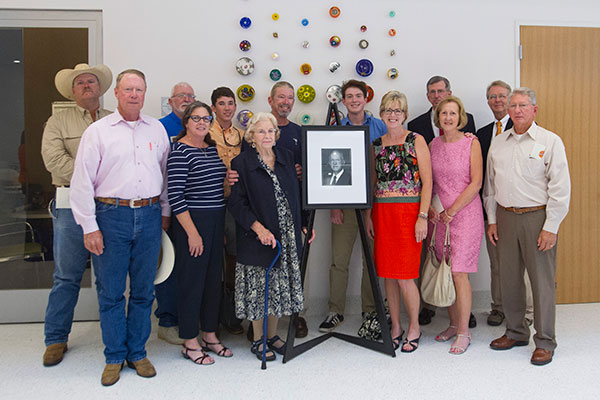
William C. Clinkscales
William C. Clinkscales worked as a county agent in both Marlboro and Berkeley counties and an agricultural education teacher in Hampton County before becoming State Leader for the Savannah Valley, District Extension Director and ultimately assistant director of state operations for Clemson Extension. But it was his work with farmers and young people as much as his administrative success that stood out. “His most rewarding experiences were seeing the growers’ progress after testing the newest techniques,” noted the nomination. Also, “He was a master at bringing people together and helping them see the greater good in a total effort. He paved the way for many African American students in the Extension Service and the field of agriculture.”
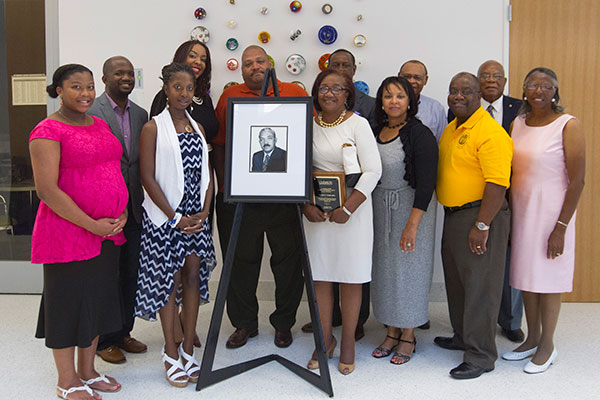
Jesse Howard “J. H.” Hopkins
Jesse Howard “J. H.” Hopkins joined the Anderson County Extension Service in 1941, helping lead a transformation in local agriculture from row-crop farming to livestock, grain, pasture and lespedeza farming. With Hopkins’ leadership, Anderson became one of the top grain and beef producing counties in the state. Once one of the state’s smallest dairy producers, Anderson County became the second largest during his tenure. His work with youth led to the establishment of the Anderson 4-H Calf Club and the First National Bank Foundation, which loaned money to 4-H and FFA students to buy calves for heifer projects. His work in education included serving on the Anderson County School District 4 board of trustees from 1945 to 1972, including its chairmanship from 1960 to 1972.

Barrett Lawrimore
Barrett Lawrimore’s career in Charleston County Extension spanned more than three decades, during which he worked closely with the area’s tomato farmers and helped create the S.C. Tomato Association to increase sales and improve marketability across the region. In 1981, Larimore brought the first Master Gardener program to South Carolina and the Southeast. Taking the idea beyond a simple “train-the-trainer” class, Lawrimore made Master Gardeners an integral part of the county Extension staff — a model that is now used throughout the state. He also developed a nationally recognized model for urban 4-H planning, developing school enrichment programs that are used across the county.
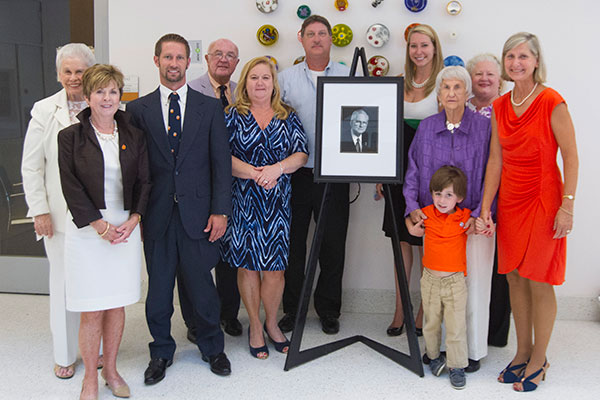
Dora Dee “Mother” Walker
Dora Dee “Mother” Walker worked as a county agent before the Smith-Lever Act made the Cooperative Extension Service a national program. Starting in 1911 in Barnwell County, Walker was appointed by the U.S. Department of Agriculture to work with both youth and adults in the County Tomato Club. When Extension was created three years later, she became the state’s first “home demonstration agent,” a post in which she served until she retired in 1946. Mother Walker’s 35-year career saw her travel the state to teach new methods of canning, drying and other phases of food conservation and led to the creation of the first Home Demonstration Club for women in the Bethel Community of Sumter County.

